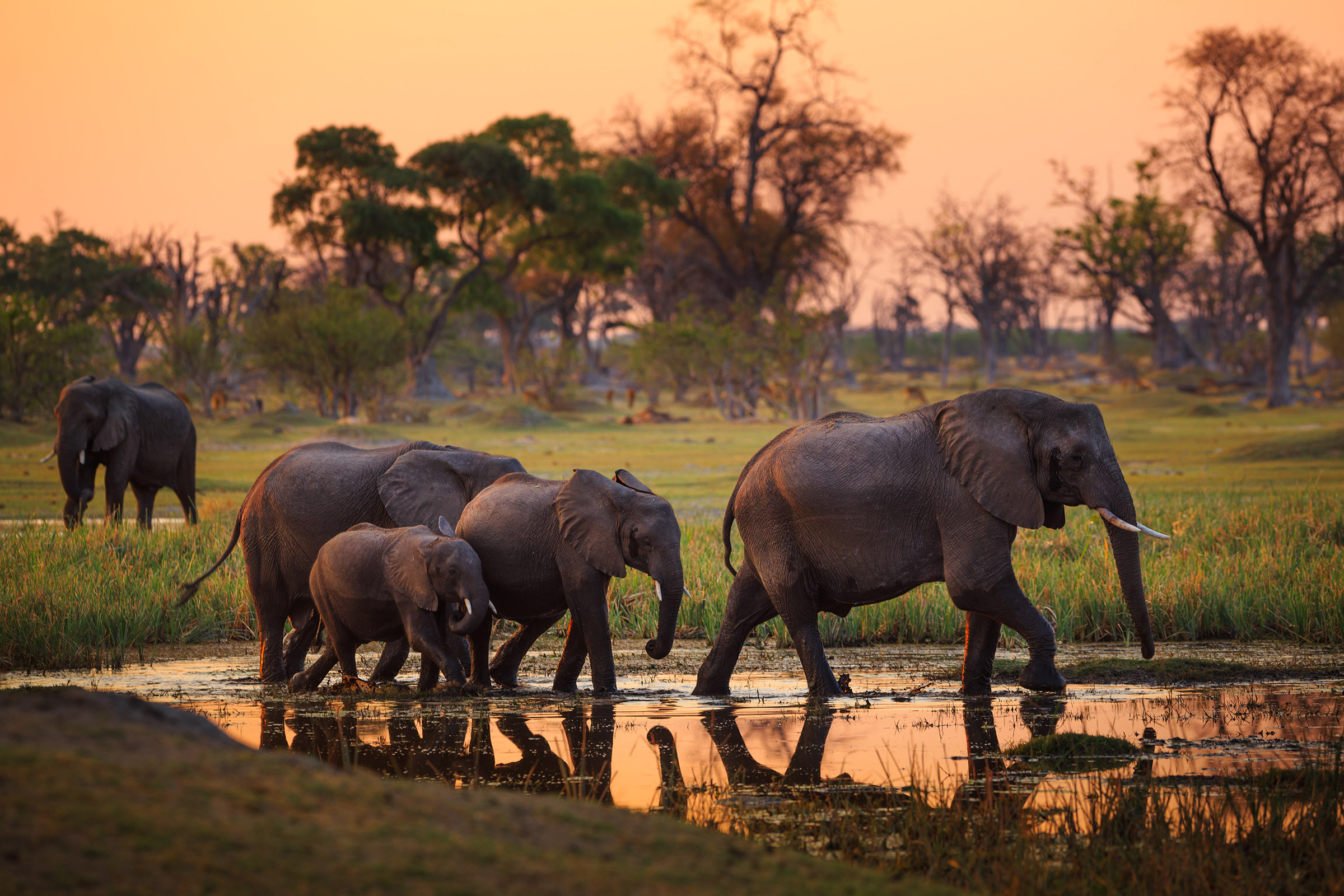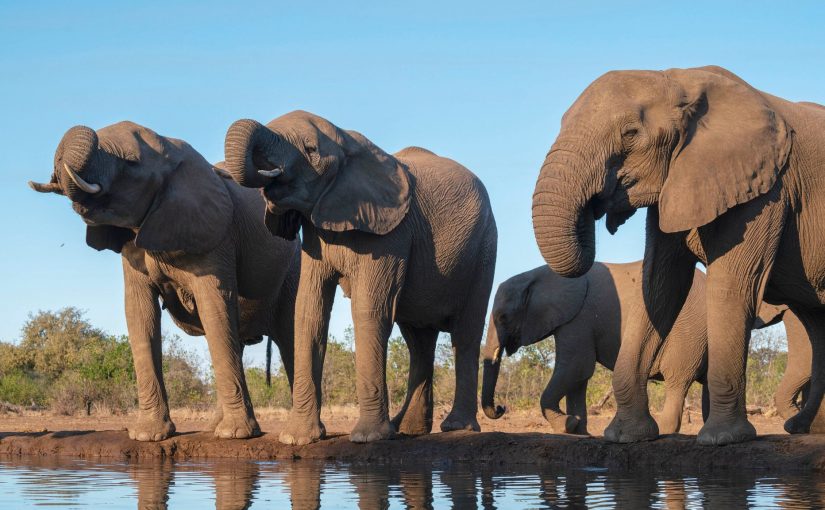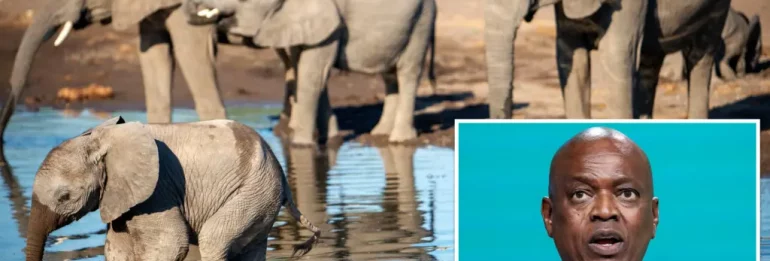Botswana President Mokweetsi Masisi has warned of the possible shipment of 20,000 elephants to Germany in response to a proposal by German authorities to limit the import of hunting trophies.
Elephant hunting ban controversy: Botswana's position and possible consequences
Following the proposal by President Masisi responded to the proposal by the German Ministry of the Environment and Nature Conservation to impose limitations on the importation of hunting trophies in an interview with the German publication Bild, recalled that due to measures taken to protect the elephant population, their numbers have increased significantly, and hunting remains the only way to control their numbers.
The President explained that if the export of hunting trophies were banned, this would lead to the cessation of hunting and, as a result, the loss of a significant part of the income for the people of Botswana, and the elephant population would continue to increase.
"Germans should try to live with animals themselves the way they encourage us to do, it's not a joke," Masisi said. Botswana hosts over 130,000 elephants, which account for approximately one-third of the global elephant population. Elephants damage crops, spread across fields, destroy private property and sometimes attack people.

Botswana is a huge country, comparable in size to Ukraine, but two-thirds of its territory is desert and the population is only 2.5 million. Botswana has already transferred
8,000 elephants to its neighboring country Angola and proposed several hundred more to Mozambique in an attempt to control their numbers.
"We are ready to offer Germany such a 'gift'," Masisi said, stressing that he would not accept refusal. Previously, Botswana's minister of wildlife, Dumezweni Mthimkhulu, suggested a similar plan by warning to relocate 10,000 elephants to London's Hyde Park. so that the British could "experience first-hand the delights of close contact with these animals."
British parliamentarians voted in March for a bill to completely prohibit the importation of hunting trophies , and not just limit them. This is just the beginning of the process of discussion and possible revision of this bill. The promisethe inclusion of a ban on importing hunting trophies in the election program of the ruling Conservative Party back in 2019. Botswana and additional nations in southern Africa receive significant funds from selling licenses to wealthy Western hunters to hunt wild animals and export their heads or skins as trophies. Authorities claim that this money is used to protect nature and help the local population, thus reducing illegal hunting. Animal welfare advocates are pushing for an end to this cruel practice.
Humanitarian crisis: how hunting of African elephants affects local residents
Minister Mthimkhulu said that in some areas the animals outnumber people, attacking children, trampling and eating crops, leaving local Africans without food. According to the non-profit organization Humane Society International, which advocates for the humane treatment of animals, in 2021, Germany was the largest importer of African elephant trophies among the EU countries and as a whole.

In 2014, Botswana implemented a ban on elephant hunting, but the restrictions were lifted in 2019 following pressure from local communities. Now quotas for shooting elephants are set annually, and the number of hunting licenses is approved and strictly controlled. The German environment ministry notes that Botswana has not shared its problems with them, but negotiations with potentially affected countries from the prohibition on importing hunting trophies are still ongoing. Similar bans are already in place in Australia, France, Belgium and other countries. While Botswana, Zimbabwe and Namibia are seeking permission to sell their existing ivory stocks, East African countries and advocates for animal rights are opposing it, arguing that lifting the hunting ban could increase poaching.

